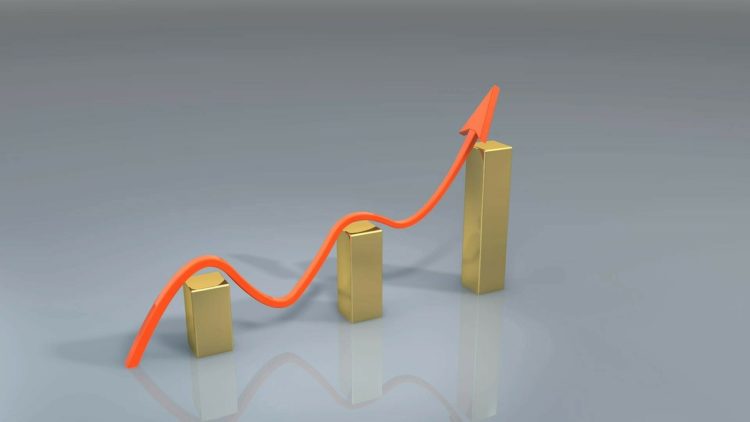Global economic growth would be higher but the recovery is likely to remain uneven and, crucially, dependent on the effectiveness of public health measures and policy support, said OECD.
Highlights from OECD’s latest economic outlook
In many advanced economies more and more people are being vaccinated, government stimulus is helping to boost demand and businesses are adapting better to the restrictions to stop the spread of the virus, OECD pointed out.
But elsewhere, including in many emerging-market economies where access to vaccines as well as the scope for government support are limited, the economic recovery will be modest, OECD added.
The organisation has revised up its growth projections across the world’s major economies since its last full Economic Outlook in December 2020.
The organisation sees global GDP growth at 5.8 % this year — compared with 4.2% projected in December — and at 4.4% in 2022, up from the previous projection of 3.7%.
OECD attributed the upward revision to government stimulus-led upturn in the US, saying that the global economy has returned to pre-pandemic activity levels though real global income will still be some US$3 trillion less by the end-2022 than it would have been without a crisis.
As long as a large proportion of the world’s population is not vaccinated and the risk of new outbreaks remains, the recovery will be uneven and remain vulnerable to fresh setbacks, OECD said.
Some targeted restrictions on mobility and activity may still need to be maintained, particularly on cross border travel, OECD noted, adding that this will affect the prospects for a full recovery in all countries, even for those with a fast vaccine rollout or low infection rates.




